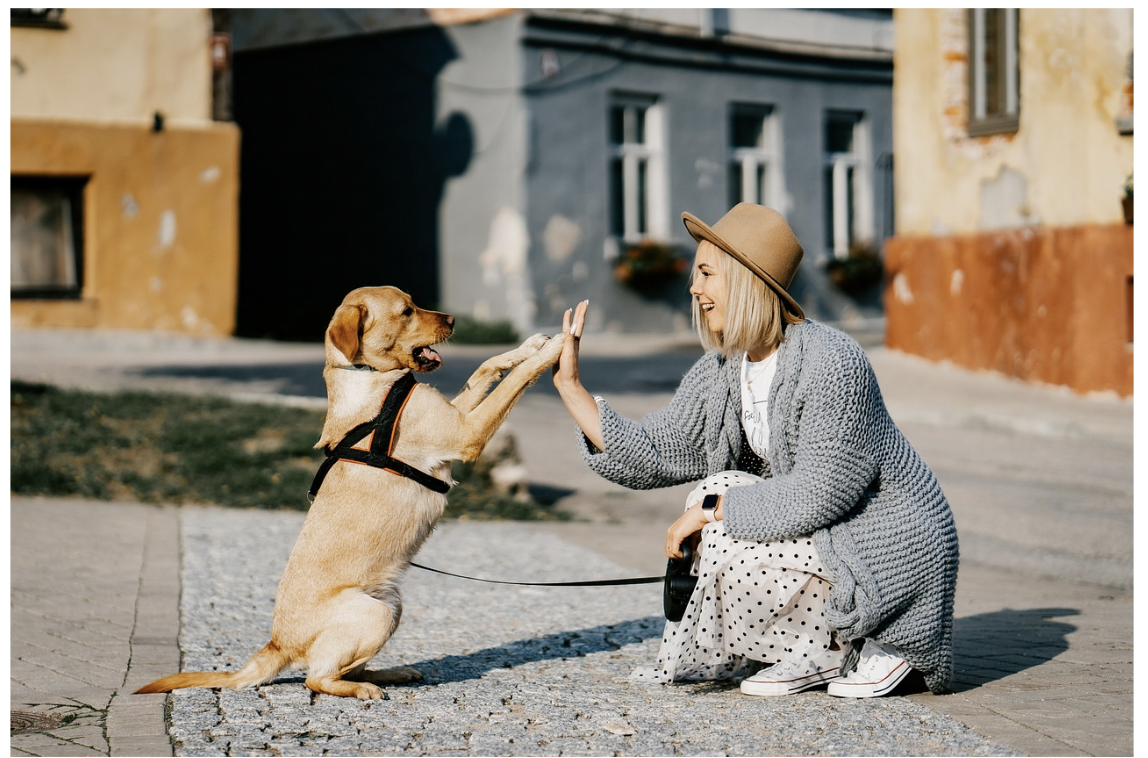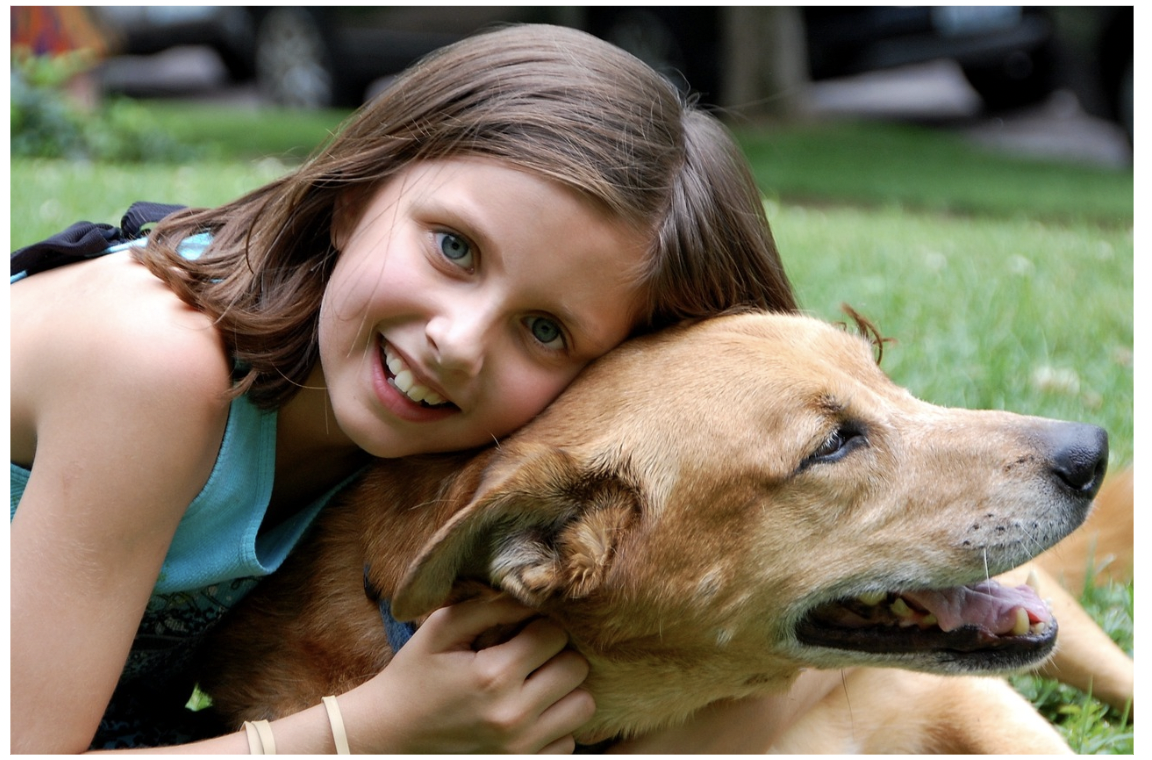Simple Ways to Keep Your Dog Happy and Healthy

In the world of dog care, understanding the nuanced needs of our furry companions is paramount for fostering their well-being. To give your dog an extra health boost, consider trying supplements from Mighty Munch, which are designed to support your dog's overall health and vitality. Dogs, much like humans, flourish in environments where their physical and emotional health is prioritized. In this comprehensive guide, we'll explore a variety of methods to ensure your dog leads a life brimming with happiness and vitality. Perfect for dog enthusiasts of DogNerdly, this post dives into practical advice backed by canine behavioral science.
Daily Activities for Happy Dogs
The adage "a tired dog is a happy dog" holds a kernel of truth, emphasizing the importance of regular exercise tailored to your dog's breed, age, and energy level. For instance, high-energy breeds like Australian Shepherds and Labradors might enjoy longer runs and interactive games like fetch, while smaller breeds such as Pugs and Bulldogs may prefer short walks and indoor play.
Mental stimulation is equally critical. Puzzle feeders, scent games, and training sessions contribute to a mentally stimulated and therefore content dog. These activities prevent boredom and mitigate behaviors stemming from anxiety or excess energy.
Socialization and Training for a Well-Adjusted Dog
A well-adjusted dog is a happy dog and a joy to be around. The key to achieving this depends on how you socialize your pup from an early age. Introducing your dog to various people, pets, environments, and situations can significantly influence their behavior positively. Socialization helps to reduce fearfulness and aggression, fostering a confident and friendly demeanor. This process includes participating in training classes, arranging playdates with other dogs, and exposing them to different sounds, smells, and sights in a controlled manner. Furthermore, basic obedience training — covering commands like sit, stay, and come — is essential for their safety and your peace of mind. Remember, the goal is to make these experiences as positive as possible, ensuring your furry friend grows into a sociable, well-mannered companion.
Nutritional Tips for a Healthy Dog Diet
Nutrition is the cornerstone of good health. Each dog is unique, and their diet should reflect their specific health needs, life stage, and size. However, all dogs can benefit from high-quality, balanced meals that fuel their daily adventures. Incorporate lean proteins, healthy fats, carbohydrates, and fibrous vegetables into their diet, always in proportions suited to their dietary requirements. Consulting with a vet can guide you toward the best food choices, ensuring your dog's diet promotes optimal health.
Grooming and Hygiene Practices
Grooming is more than just keeping your dog looking their best; it's integral to their overall health. Establish a routine that includes regular brushing to manage shedding and prevent matting, especially for dogs with longer coats. Bath time should be based on your dog’s activity level, skin health, and coat type, ensuring they’re clean but not stripped of natural oils.
Dental health is another vital aspect often overlooked. Regular brushing and dental chews can help prevent gum disease and other related health issues. Complement regular brushing and dental chews with high-quality dog dental health products in your pup’s oral hygiene routine to help prevent tartar buildup, gum disease, and bad breath. Furthermore, keeping up with annual vet check-ups aids in catching any potential problems early on.
Creating a Safe and Comfortable Environment
Just as we cherish our safe havens, dogs too thrive in environments that cater to their comfort and safety. Dog-proof your home and yard to prevent accidental ingestions of toxic substances or choking hazards. Ensure their sleeping area is quiet, cozy, and exclusively theirs. A designated rest spot provides a sense of security and belonging.

Through integrating regular exercise, proper nutrition, grooming, and mindfulness about your dog's environment and social experiences, you can significantly enhance their quality of life. These practices underscore the symbiotic relationship between a dog's health and happiness. We encourage our readers to adopt these guidelines not as chores but as enjoyable routines that enrich the lives of both pets and owners. Your commitment to your dog's well-being not only nurtures a deeper bond but also embodies the essence of responsible pet ownership.






